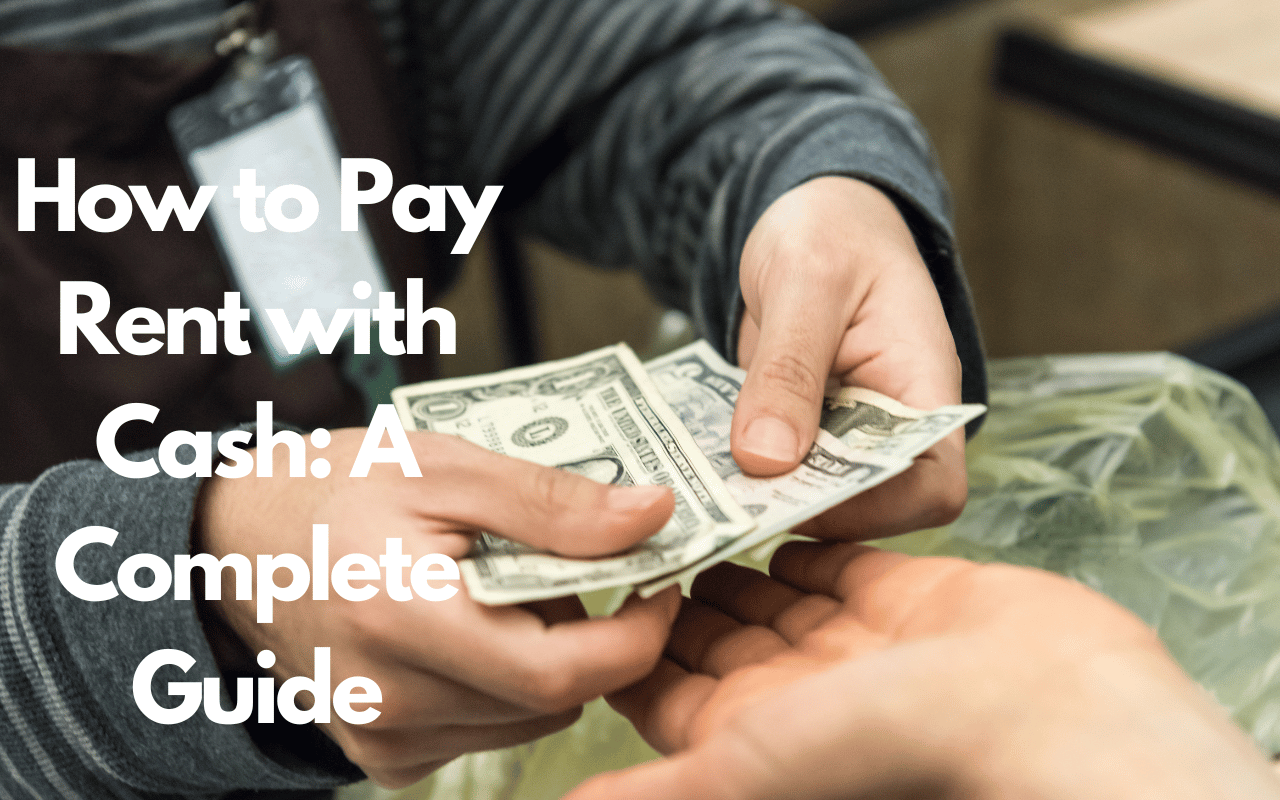How to Pay Cash for a House: A Comprehensive Guide

Investing in a home with cash offers a range of enticing benefits. Foremost, the prospect of achieving mortgage-free homeownership brings a sense of financial freedom that many find appealing. By sidestepping mortgage insurance, you not only steer clear of additional expenses but also save a substantial sum on mortgage loan interest. While the advantage of presenting a competitive cash offer is evident, it’s crucial to recognize that the process of purchasing a home with cash, while simpler than using a mortgage, is rarely without its complexities. In this exploration, we’ll guide you through the step-by-step journey of buying a home outright, shedding light on the nuances of this seemingly straightforward process.
- How to Pay Cash for a House: A Comprehensive Guide
- Is it ever a good idea to pay cash for a house?
- Is a Mortgage Better Than Paying Cash for a Home?
- Does the IRS know if you buy a house in cash?
- How much less should you offer on a house when paying cash?
- What are the pros and cons of selling your house for cash?
Is it ever a good idea to pay cash for a house?
Opting to purchase a home with cash brings about several notable advantages. Firstly, it eliminates the need to pay interest on a loan, providing a significant financial benefit. Additionally, leveraging cash rather than opting for a mortgage leads to savings on closing costs, presenting a more cost-effective approach to homeownership.
Beyond the financial benefits, utilizing cash often provides a strategic advantage for the buyer in securing the desired property. This advantage stems from the seller’s assurance, as they don’t need to rely on the uncertainties of financing approval.
Furthermore, the cash-based approach streamlines the home-buying process, making it notably faster compared to navigating the complexities of loan approvals and lender requirements.
While having a mortgage may offer the flexibility to allocate cash for alternative purposes like investing, it’s essential to consider the long-term perspective. Investing your cash has the potential to yield greater profits over time than the savings realized in interest and closing costs.
Is a Mortgage Better Than Paying Cash for a Home?
While paying cash for a home undeniably carries its advantages, financing a home also presents significant benefits that warrant consideration. Even if you possess the financial capability to purchase a home outright, there are strategic reasons to explore alternative financing options.
One compelling factor is the potential need for significant repairs or renovations in the future. Financing allows for the preservation of cash reserves, which can be instrumental in addressing unforeseen expenses associated with homeownership. Obtaining a home equity loan or a home equity line of credit (HELOC) becomes more accessible as your home equity increases, providing a valuable safety net for future financial needs.
Another aspect to consider is the unpredictability of future circumstances, such as changes in credit scores, fluctuations in property values, and other factors that impact financing approval. Relying solely on cash may limit your options in such scenarios, making financing a prudent choice.
Furthermore, utilizing cash entirely for a home purchase may pose challenges if you plan to transition to a new home in the future. This could necessitate careful financial planning to ensure sufficient cash reserves for a new home deposit.
In essence, the decision between cash and financing hinges on maintaining a balance that aligns with your overall financial goals. Opting for a mortgage provides enhanced financial flexibility, ensuring that you can meet various financial needs while strategically managing your real estate investments.
Does the IRS know if you buy a house in cash?
The IRS employs a meticulous process and doesn’t solely rely on taxpayers’ declarations; instead, it actively engages with mortgage companies to gather comprehensive information. Mortgage companies play a pivotal role in reporting various crucial financial aspects related to deductions, reimbursements, and homeownership to the IRS. Here are the key elements that lending institutions report:
- Mortgage Interest Statement: Lending institutions are obligated to report your interest statements to the IRS using Form 1098. This form is a mandatory requirement for every lender. It includes sections where the IRS seeks information about borrowers and their annual interest statements.
- Deductions: The government is keen on understanding the total interest paid on your loan, and mortgage companies dutifully report this information to the IRS. If your loan closing involved deductible expenses or points payments, these details are also conveyed to the Internal Revenue Service.
- Mortgage Insurance and Premium Payments: The IRS requires information about transactions involving mortgage insurance and premium payments. Mortgage companies are responsible for reporting these details, along with property taxes paid on behalf of the taxpayers, to the IRS.
- Reimbursements: To determine whether borrowers receive reimbursements for overpaid interests, the IRS provides lending institutions with Form 1098. Mortgage companies annually report this information to the IRS. The government ensures that lenders compensate taxpayers for interest overpayments, making this reporting crucial. Additionally, the IRS seeks to identify instances where institutions pay interest rates exceeding the required amount on overpaid debts.
Warning: Adhering to legal requirements, mortgage companies are obligated to report significant transactions to the IRS. If a property is purchased with a cash amount exceeding $10,000, lenders must report the transaction to the IRS using Form 8300. This legal mandate aims to ensure transparency and regulatory compliance in real estate transactions.
How much less should you offer on a house when paying cash?
Providing an offer that falls between 1% and 4% below the asking price might not appear as a substantial saving in the context of a significant real estate investment. However, this modest reduction can translate into noticeable monthly savings on your mortgage payments when dealing with properties worth hundreds of thousands of dollars.
In situations where you are making a cash payment or when the real estate market exhibits a more equilibrium state, you may even consider proposing an offer that is below the 5% threshold. This strategic approach takes into account various factors, including market dynamics and the financial benefits associated with a cash transaction.
What are the pros and cons of selling your house for cash?
Despite a recent cooling period, the housing market remains favorable for sellers due to high prices and low inventory. If you’re selling your home, you might be fortunate enough to receive
Understanding what it means to sell your house for cash can be a bit ambiguous. Contrary to a Hollywood-style briefcase full of bills, selling for cash essentially implies that the buyer, whether an individual or a company, is offering to purchase your home outright without the need for a mortgage. They have the financial means to cover the entire purchase price, making the process more straightforward. If you agree to the sale, the buyer promptly transfers the funds to you.
There are several advantages to selling a home for cash. Firstly, it simplifies the process by bypassing the financing complexities and uncertainties associated with mortgage approval. Cash buyers typically incur lower closing costs, as there are no lender-related fees for applications, credit checks, or loan origination.
Cash offers also present a reduced risk of falling through, as cash buyers have the full amount upfront. In contrast, transactions relying on loans may face potential denials during the application process, leading to uncertainties. Additionally, selling for cash is a faster process, cutting down on the timeline and avoiding typical lender requirements such as buyer income verification and property appraisals.
Another notable benefit is the as-is condition approach. Cash buyers often accept homes in their current state, eliminating the need for repairs or staging. In some cases, cash sales occur before a property is even officially listed, especially when dealing with large real estate businesses or house flippers that acquire properties directly. This streamlined process can save you time and effort compared to a traditional sale.






